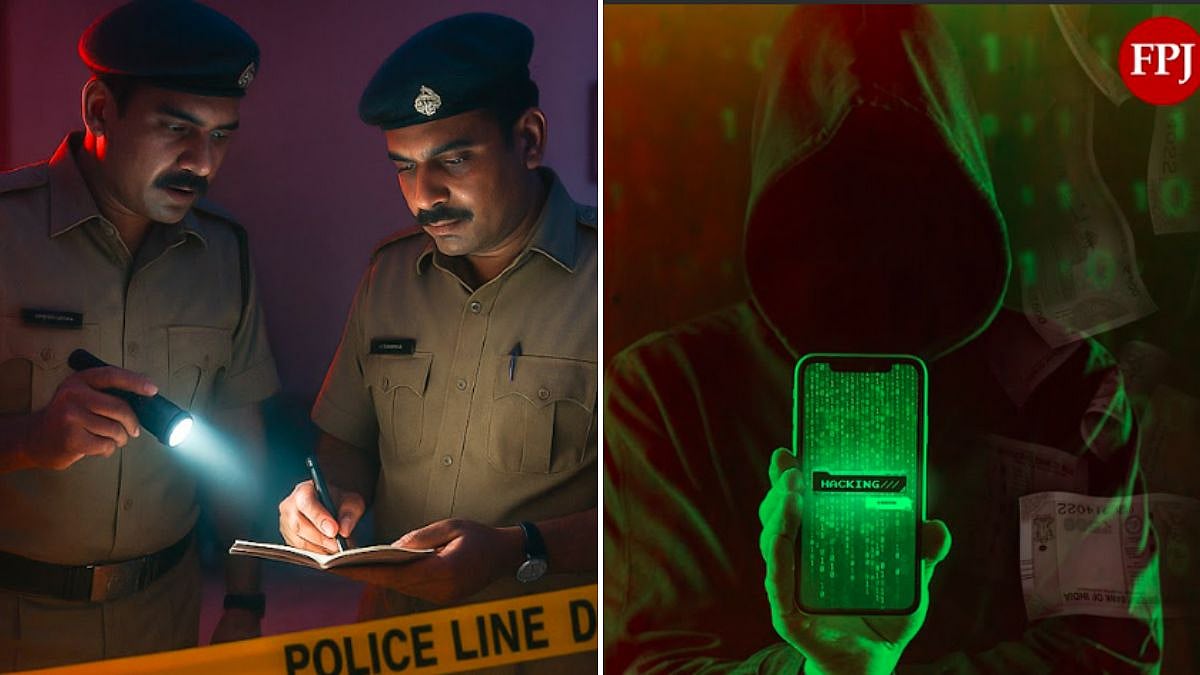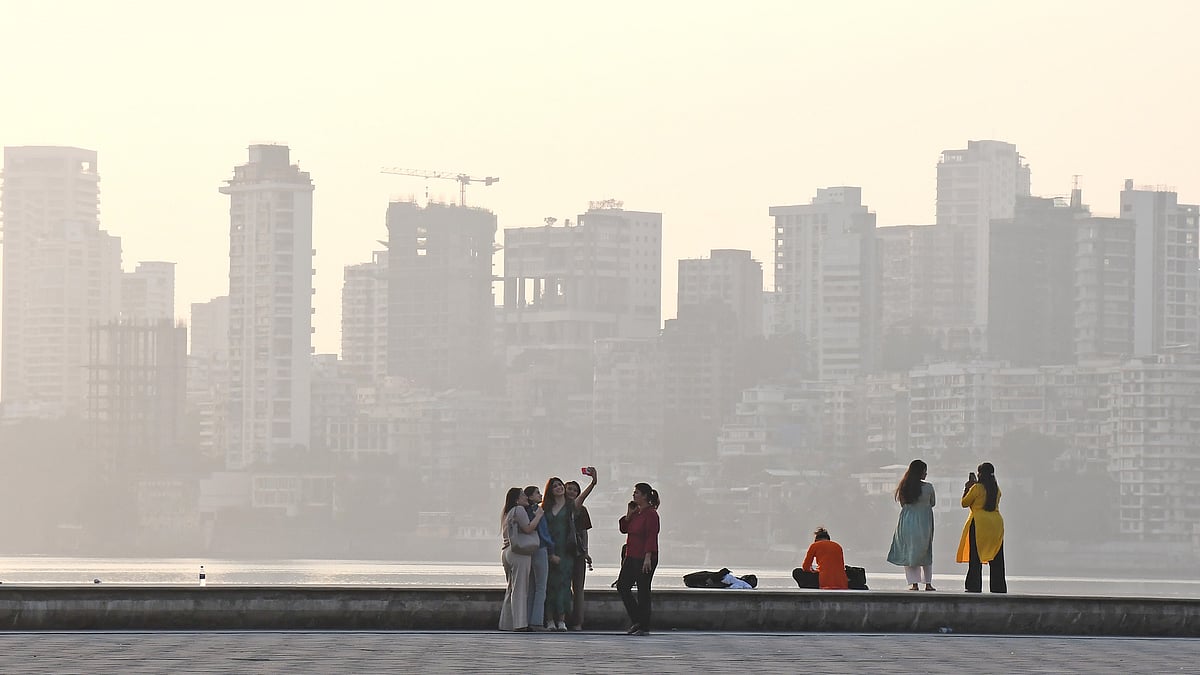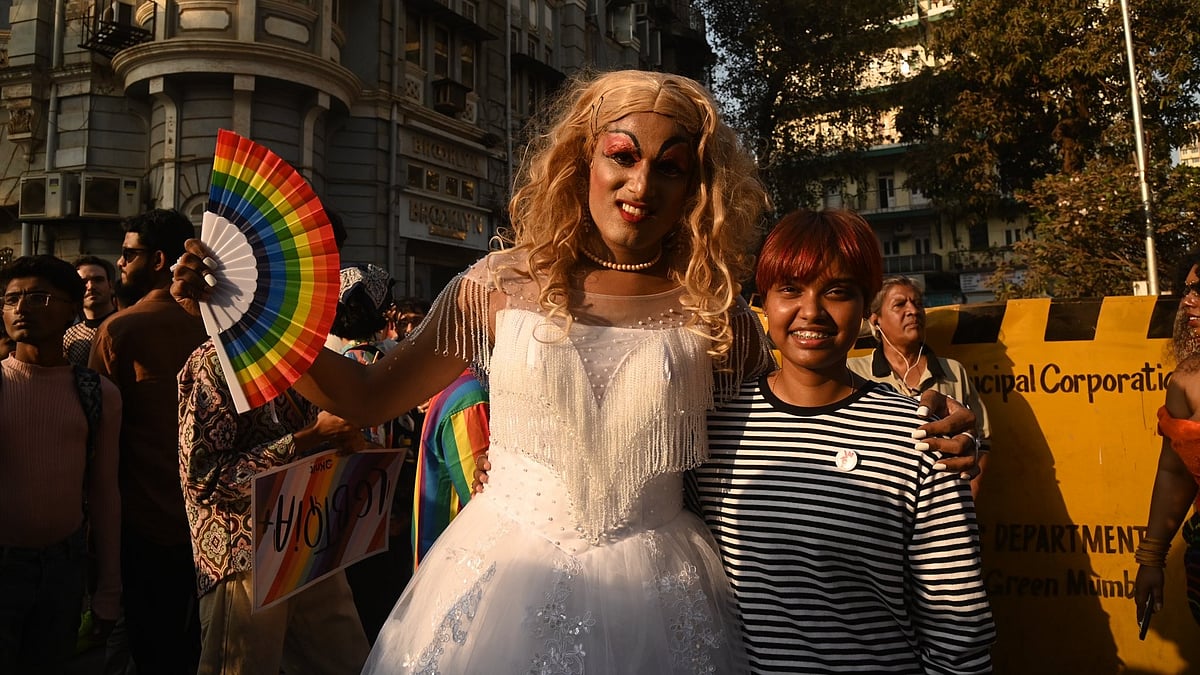Sydney: Australian researchers have found that DNA repair may determine how cancer cells die following radiotherapy in a new study that may help improve cancer treatment and cure rates.
About The Study
To understand how cancerous tumour cells die after being subjected to radiotherapy, scientists from Sydney's Children's Medical Research Institute (CMRI) followed irradiated cells for one week after radiation therapy by using live cell microscope technology, said an announcement by CMRI, Xinhua News agency reported.
"The surprising result of our research is that DNA repair, which normally protects healthy cells, determines how cancer cells die following radiotherapy," said Tony Cesare, head of the CMRI Genome Integrity Unit.
He said that the study found that DNA repair processes can recognise when overwhelming damage has occurred, such as from radiotherapy, and instruct a cancer cell how to die.
When DNA damaged by radiation was repaired by a method called homologous recombination, they found that cancer cells died during reproduction, a process called cell division or mitosis.
Cesare said that death during cell division goes unnoticed by the immune system so does not activate the desired immune response. However, he said that cells that dealt with radiation-damaged DNA through other repair methods survived cell division but released DNA repair byproducts into the cell.
"To the cell, these repair byproducts look like a viral or bacterial infection. This causes the cancer cell to die in a manner that alerts the immune system, which is what we do want," Cesare said.

Canva
The team showed that blocking homologous recombination changed the way cancer cells died to evoke a strong immune response.
The researchers said that the discovery will make it possible to use drugs that block homologous recombination to force cancer cells treated with radiotherapy to die in a manner that alerts the immune system to the existence of a cancer that needs to be destroyed.
The findings, which were published in the journal Nature Cell Biology, may open up new opportunities to improve treatment and increase cure rates, said the announcement.
(Except for the headline, this article has not been edited by FPJ's editorial team and is auto-generated from an agency feed.)











